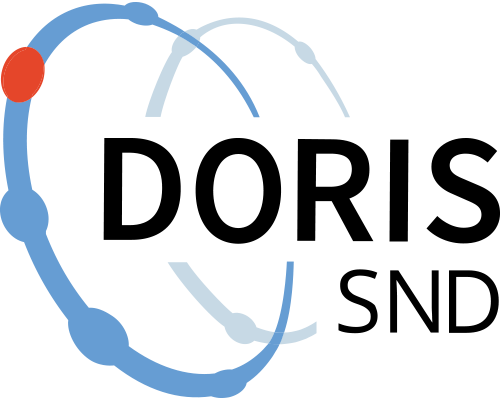Dataset with condition monitoring vibration data annotated with technical language, from paper machine industries in northern Sweden
https://doi.org/10.5878/hxc0-bd07
Labelled industry datasets are one of the most valuable assets in prognostics and health management (PHM) research. However, creating labelled industry datasets is both difficult and expensive, making publicly available industry datasets rare at best, in particular labelled datasets.
Recent studies have showcased that industry annotations can be used to train artificial intelligence models directly on industry data ( https://doi.org/10.36001/ijphm.2022.v13i2.3137Opens in a new tab , https://doi.org/10.36001/phmconf.2023.v15i1.3507Opens in a new tab ), but while many industry datasets also contain text descriptions or logbooks in the form of annotations and maintenance work orders, few, if any, are publicly available.
Therefore, we release a dataset consisting with annotated signal data from two large (80mx10mx10m) paper machines, from a Kraftliner production company in northern Sweden. The data consists of 21 090 pairs of signals and annotations from one year of production. The annotations are written in Swedish, by on-site Swedish experts, and the signals consist primarily of accelerometer vibration measurements from the two machines.
The dataset is structured as a Pandas dataframe and serialized as a pickle (.pkl) file and a JSON (.json) file. The first column (‘id’) is the ID of the samples; the second column (‘Spectra’) are the fast Fourier transform and envelope-transformed vibration signals; the third column (‘Notes’) are the associated annotations, mapped so that each annotation is associated with all signals from ten days before the annotation date, up to the annotation date; and finally the fourth column (‘Embeddings’) are pre-computed embeddings using Swedish SentenceBERT. Each row corresponds to a vibration measurement sample, though there is no distinction in this data between which sensor or machine part each measurement is from.
Documentation files
Documentation files
Citation and access
Citation and access
Data access level:
Creator/Principal investigator(s):
Research principal:
Principal's reference number:
- 2019-02533
Data contains personal data:
Yes
Type of personal data:
Signed annotations are preserved in the raw data. As a result, the dataset contains pseudonymised personal data.
Citation:
License:
Method and outcome
Method and outcome
Data collection - Recording
Data collection - Recording
Geographic coverage
Geographic coverage
Administrative information
Administrative information
Topic and keywords
Topic and keywords
Relations
Relations
Publications
Publications
Versions
Versions
Metadata
Metadata
Versions
Versions

Luleå University of Technology